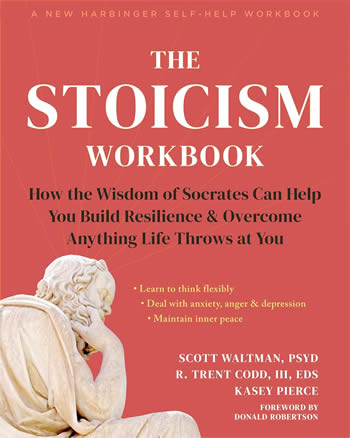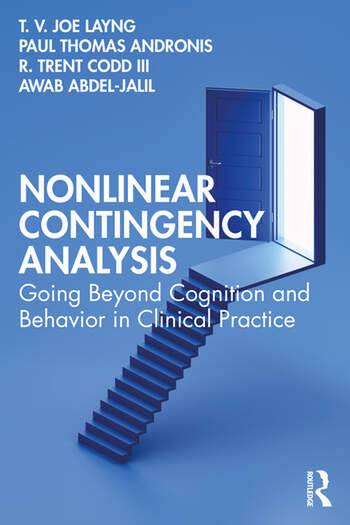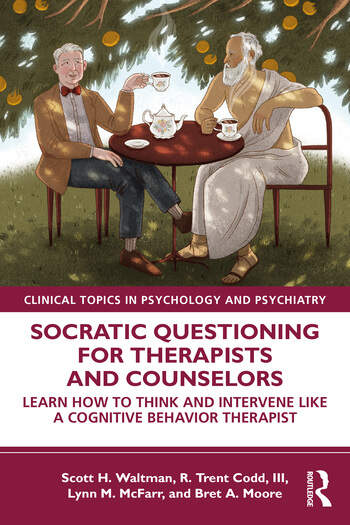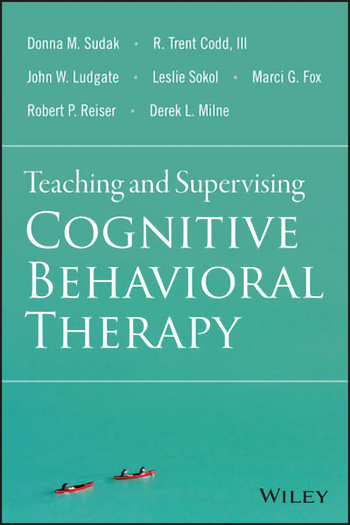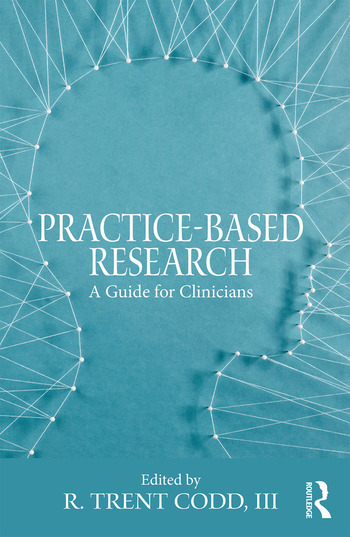Books
What’s the secret to lasting happiness? How do you gain the resilience needed to weather life’s inevitable storms? What can you do when you’re feeling anxious, depressed, stressed, or burned out by life? For ancient philosophers like Socrates, Marcus Aurelius, Zeno, and Epictetus, these questions were more than mere musings—they were key elements of a school of thought called Stoicism.
In The Stoicism Workbook, you’ll learn how thinking like Socrates—and using the Socratic method of questioning or self-inquiry—can help you identify what truly matters in your life, and build the resilience needed to go out and get it! Combining ancient philosophical wisdom with modern psychology, this practical self-help workbook will help you think flexibly, maintain inner peace, adapt to difficult situations, and improve your overall mental health and well-being. You’ll also discover how the core Stoic virtues—wisdom, justice, courage, and temperance—can be your compass as you navigate an increasingly uncertain world.
Stoicism isn’t about being emotionless in the face of pain or suffering. It’s about giving yourself space for reflection before reacting. It’s about seeing opportunities in everyday challenges, which in turn makes you stronger and more resilient. It’s about wielding the power to decide to what extent sadness, pain, and anger affect you.
These are the keys to lasting happiness. Let this workbook guide you to learn more, and put this ancient wisdom into practice every day.
Nonlinear Contingency Analysis is a guide to treating clinically complex behavior problems such as delusions and hallucinations. It’s also a framework for treating behavior problems, one that explores solutions based on the creation of new or alternative consequential contingencies rather than the elimination or deceleration of old or problematic thoughts, feelings, or behaviors.
Chapters present strategies, analytical tools, and interventions that clinicians can use in session to think about clients’ problems using decision theory, experimental analysis of behavior, and clinical research and practice.
By treating thoughts and emotions not as causes of behavior but as indicators of the environmental conditions that are responsible for them, patients can use that knowledge to make changes that not only result in changes in behavior, but in the thoughts and feelings themselves.
A total CBT training solution, with practical strategies for improving educational outcomes.
Teaching and Supervising Cognitive Behavioral Therapy is the first comprehensive package to provide empirically-validated CBT training and supervisory techniques. Applicable to a variety of behavioral health care disciplines, this multi-modal guide provides educators with the information and tools that can help improve educational outcomes. An examination of CBT developments over the past twenty years leads into a discussion of practical applications for improving CBT education, while addressing the technological advances that facilitate dissemination and the specific challenges posed to confidentiality and patient care. The digital component contains additional audio and video content, plus downloadable worksheets that reinforce and expand upon the strategies presented.
This book has been translated into the following languages: Simplified Chinese and Japanese.

